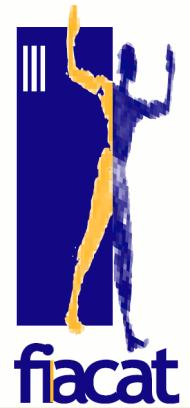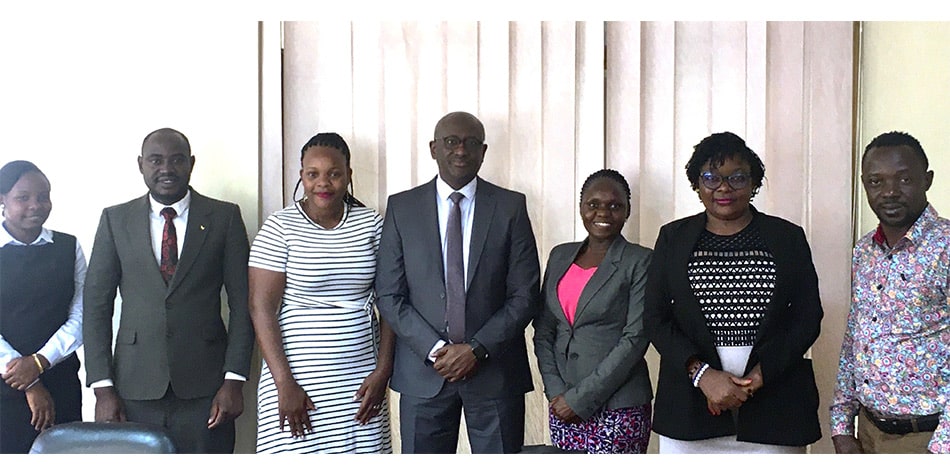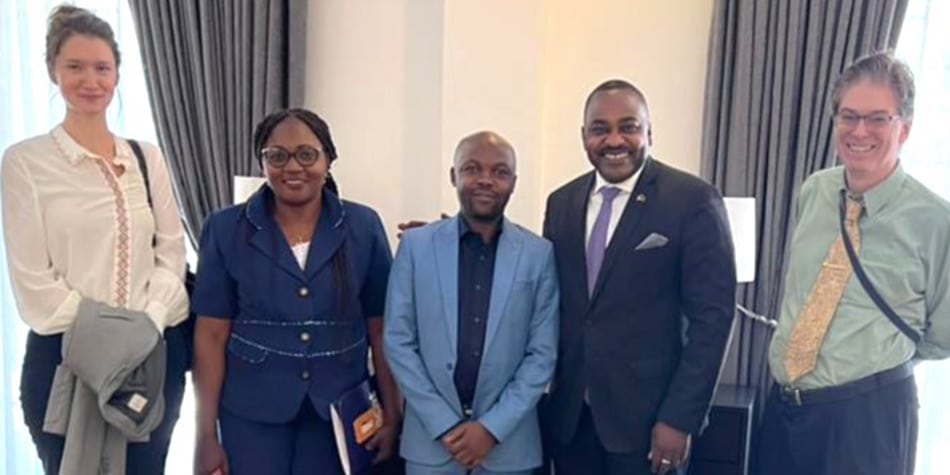France
World Coalition Steering Committee member
International Federation of ACATs (FIACAT)
The International Federation of ACATs (Action by Christians for the Abolition of Torture), FIACAT, is an international non-governmental human rights organisation, set up in 1987, which works towards the abolition of torture and the death penalty. The Federation brings together some thirty national associations, the ACATs, present in four continents.
FIACAT – representing its members in international and regional organisations
FIACAT enjoys consultative status with the United Nations, participative status with the Council of Europe and observer status with the African Commission on Human and Peoples’ Rights. FIACAT is also accredited to the International Organisation of la Francophonie.
By referring the concerns of its members working on the ground to international bodies, FIACAT’s aim is to encourage the adoption of relevant recommendations and their implementation by governments. FIACAT works towards the application of international human rights conventions, the prevention of torture in places of detention, and an end to enforced disappearances and impunity. It also takes part in the campaign against the death penalty by calling on states to abolish capital punishment in their legal systems.
To give added impact to these efforts, FIACAT is a founding member of several campaigning coalitions, in particular the World Coalition against the Death Penalty, the Coalition of International NGOs against Torture, the International Coalition against Enforced Disappearances and the Human Rights and Democracy Network.
FIACAT – building up the capacities of the ACAT network in thirty countries
FIACAT assists its member associations in organising themselves, supporting them so that they can become important players in civil society, capable of raising public awareness and having an impact on the authorities in their country.
It coordinates the network by promoting exchanges, proposing regional and international training events and joint campaigns, thus supporting the activities of the ACATs and providing them with exposure on the international scene.
FIACAT – a network of Christians united in fighting torture and the death penalty
FIACAT’s mission is to awaken Churches and Christian organisations to the scandal of torture and the death penalty and convince them to act.
Date founded
1987Structure type
NGOWorld Coalition Steering Committee member


 96 boulevard de la Libération
96 boulevard de la Libération Phone +33 (0)1 58 64 10 47
Phone +33 (0)1 58 64 10 47






